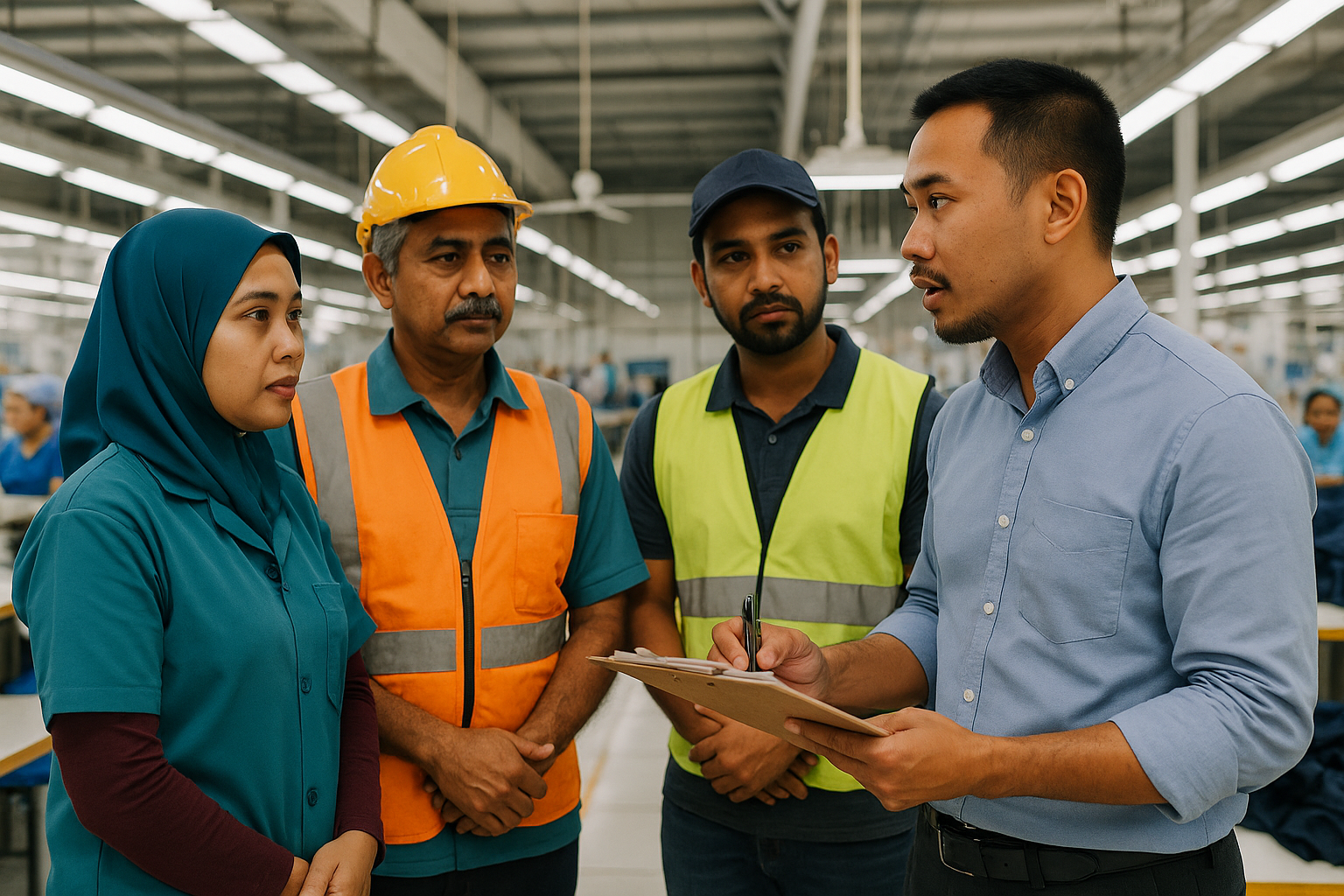New ILO Report Calls for Stronger Social Dialogue in Latin America & Caribbean
Social dialogue is defined by the ILO as all types of negotiation, consultation, or exchange of information between governments, employers, and workers on issues of common interest.

The International Labour Organization (ILO) has released a landmark new publication, Social Dialogue and Labour Relations 2025, offering an in-depth analysis of how governments, workers, and employers in Latin America and the Caribbean are engaging in dialogue to strengthen labour relations, prevent conflicts, and foster fairer and more sustainable workplaces.
The report was presented by the ILO’s Regional Office for Latin America and the Caribbean as part of the Regional Initiative for the Strengthening of Social Dialogue and Labour Relations (IRDS), launched in 2024 following a request from the Latin American and Caribbean Group (GRULAC) of ILO Member States. Its overarching aim is to provide strategic and technical support to national actors in tackling persistent labour market challenges, from widespread informality to low rates of collective bargaining coverage.
Social Dialogue: A Foundation for Peace and Cohesion
“Effective social dialogue not only resolves conflicts—it builds peace, trust, and social cohesion. This publication is a tool to move towards more democratic and resilient labour systems in Latin America and the Caribbean,” said Ana Virginia Moreira Gomes, ILO Regional Director.
Social dialogue is defined by the ILO as all types of negotiation, consultation, or exchange of information between governments, employers, and workers on issues of common interest. In Latin America and the Caribbean—where rapid economic shifts, inequality, and high levels of informal employment persist—it is seen as an essential tool for promoting decent work, inclusive growth, and social justice.
Institutions Supporting Dialogue
The report highlights that many countries in the region have created or strengthened institutions to channel dialogue between workers, employers, and government. These include:
-
Economic and Social Councils – forums to discuss macroeconomic and social policy.
-
Labour Councils – mechanisms to negotiate labour standards and reforms.
-
Wage Councils – bodies that set or recommend minimum wage levels.
-
Occupational Safety and Health Councils – spaces to improve workplace safety.
-
Conflict Resolution Commissions – dedicated entities to mediate disputes.
These platforms aim to ensure that social partners have a voice in shaping national labour policies while reducing the risk of disruptive conflicts.
Persistent Challenges
Despite advances, the report warns of structural obstacles that continue to weaken social dialogue in the region:
-
Low trade union density in many countries, limiting the collective power of workers.
-
Fragmentation within employer organizations, making it difficult to reach coherent positions in dialogue.
-
The ongoing need to guarantee freedom of association and the right to collective bargaining, which remain under pressure in several contexts.
Without tackling these challenges, dialogue risks being limited in scope or uneven in its ability to influence real change.
Contributions of the Report
The Social Dialogue and Labour Relations 2025 report provides a series of practical contributions to strengthen labour governance:
-
Mapping of tripartite institutions across the region, giving policymakers a detailed view of existing frameworks.
-
Compilation of good practices at national levels, showing how social dialogue has helped solve crises or advance reforms.
-
Analysis of the connection between dialogue and the UN Sustainable Development Goals (SDGs), particularly Goal 8 on decent work and Goal 16 on peace, justice, and strong institutions.
-
Strategic recommendations for governments and social partners to enhance participation, build trust, and improve labour market outcomes.
A Call to Action
The ILO is urging governments, employers, and workers’ organizations across Latin America and the Caribbean to use the report as a roadmap to strengthen democratic labour systems and build resilience in the face of economic, social, and environmental challenges.
By consolidating sustainable social dialogue processes, the ILO argues, the region can make meaningful progress toward achieving decent work for all, reducing inequality, and fostering long-term social justice.










